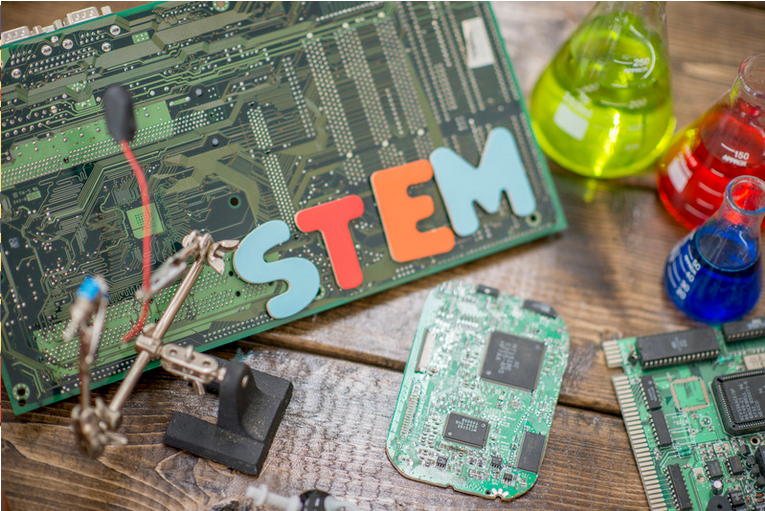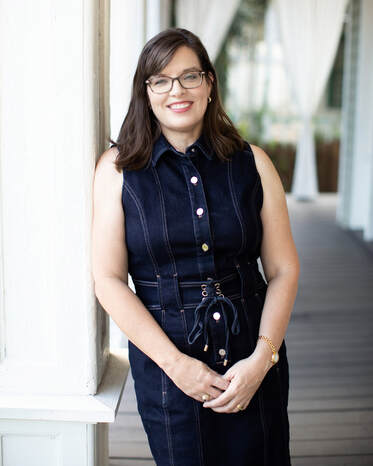As an author of almost fifty books for kids, I’ve written biographies, history, concept books,
branded books and series, but my main focus is on STEM books for kids. I love what I do! Being
a nonfiction children’s author is so fulfilling and exciting. Kids LOVE nonfiction!
I’m often asked if I have advice to aspiring nonfiction authors. In response, I came up with these
five tips.
Anywhere! Start with something that interests YOU. After all, you are going to be spending a lot
of time with this topic as you research, write, edit, submit, and more. It’s always a good idea to
see if there are events that might tie to your topic, like a big anniversary or a holiday, or
something like Earth Day. But in the end, pick what you like and write it so well, that others will
be intrigued, too.
2. You don’t need to be an expert in the topic you’re writing about
This is a myth. What you need to have is a curiosity and the willingness to dive in and do the
research. As an author of many STEM/STEAM books, I can easily say that my degree in
chemistry didn’t help me with most of my book topics, well, except for my Big Fat Chemistry
Notebook. But even then, I had to do a lot of research for that book because chemistry has
changed since I took it in college. The best way to approach research is to start at the library.
Check out as many books as you can find on the subject. Then head to the internet. Research
legitimate sources, including universities, museums, professional associations, and maybe even
find an expert to help you. Primary sources are awesome! But just remember, you can learn any
topic if you just spend the time and effort to do it.
3. Narrative or Expository?
It depends. I know that’s not a definitive answer, but it really is up to you as the writer to decide
the best way to present your story. Typically, a narrative book tells a story. Not always from
beginning to end, but a definite story arc. You want to show progression in your story and not
just give informational facts. An expository book is mostly about the facts. Remember they are
FUN facts, not boring facts. You might use this to talk about a difficult concept by breaking it up
into smaller, more easily digestible facts, or perhaps you just want to bring attention to a
particular topic by going more in-depth and explaining how it works. Expository books are not
always straightforward, they can be lyrical, poetic, or even have a bit of narrative writing in
them, too.
4. Picture book? Middle grade? YA?
Again, it depends. Sometimes the topic tells you the age of your reader, but not always.
Sometimes the topic tells you the age of your reader, but not always. The big
factor is how you want to approach the topic. Do you want to take a deep dive and get very
detailed? Then an older book might be better. If you want to give the reader a specific view into
the topic, and use fewer words, then a picture book is for you. To decide, my recommendation is
that you do a lot of research on the market. Make the decision to write what you feel is the best
way to present your topic to the reader.
5. What if another book about my topic comes out before I can sell mine. Will that affect
my manuscript from selling?
I’ll be honest, the answer is maybe. I think all of us nonfiction authors have had that happen. I
know I have. If someone writes a book about your same topic, especially if it sounds like it has a
similar approach to yours, is for the same age group, or with a bigger house, that can definitely
affect the sale of yours. That doesn’t mean you should give up. You can either keep working on
it, perhaps by tweaking it so that your book is different, or you can put it away for a while.
That’s what I did. I went out with a biography four years ago and it didn’t sell because another
book came out about the same person and won a ton of awards. Four years later, my newly
revised manuscript about that person sold. It just takes time.
You can do it!! The world is always in need of more writers of amazing nonfiction for kids!
|
Science Rocks! And so do Jennifer Swanson’s books. She is the award-winning author of over 45 nonfiction books for children. Using her background in science and history that she received from the U.S. Naval Academy, and her M.S. in Education, Jennifer excels at taking complex facts and making them accessible, compelling, and humorous for young readers. Jennifer’s passion for science resonates in in all her books but especially, Astronaut-Aquanaut: How Space Science and Sea Science Interact and BEASTLY BIONICS which both received Florida Book Awards and NSTA BEST STEM book awards. Her Save the Crash-test Dummies book received an NSTA BEST STEM Award and a Parent’s Choice GOLD Award. Jennifer’s Outdoor School: Rocks, Fossils, and Shells book was a Kirkus Best Nature Book for 202. |




